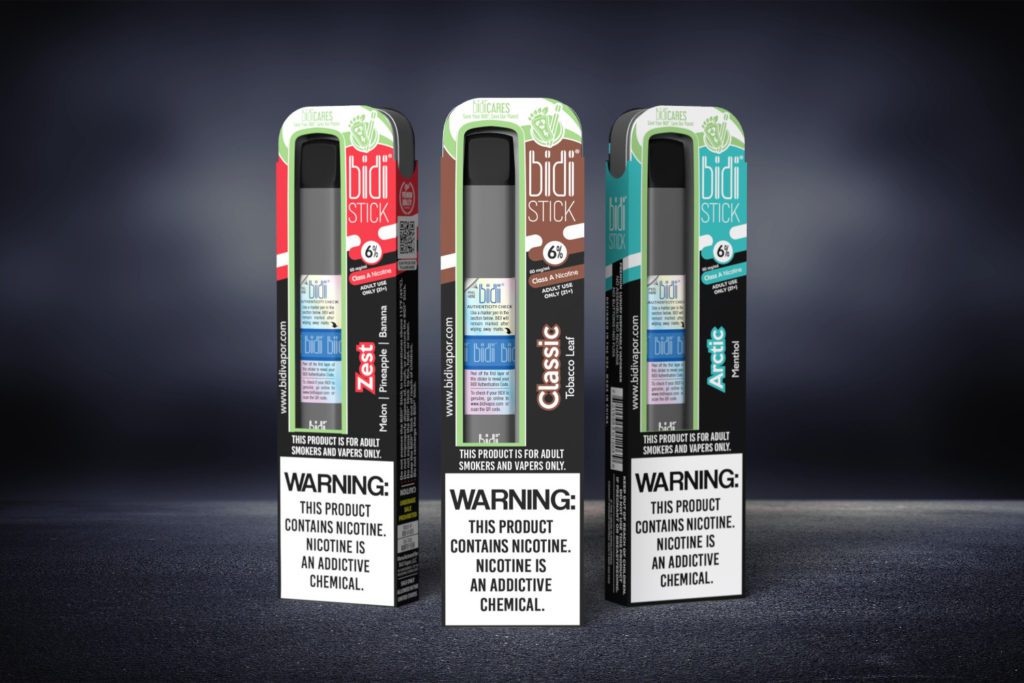
Kaival Brands Innovation Group, the parent to Bidi Stick vaping products, announced a 1-for-21 reverse stock split that became effective at the opening of trading today, Thursday, January 25.
It’s not the first time the company has made such a move. In 2021, when the company applied to list on NASDAQ, the company implemented a 1-for-12 reverse split of its common stock, effective before the opening of the market on July 20. As a result of that reverse split every 12 shares were exchanged for one share of the common stock.
Kaival Brands’ Common Stock will continue to trade on the Nasdaq Capital Market under the symbol KAVL. The new CUSIP number for the Common Stock following the Reverse Stock Split will be 483104402.
The company’s board approved the Reverse Stock Split. The material effects of the Reverse Stock Split are:
- Every 21 shares of the issued and outstanding Common Stock has been combined into one (1) share of Common Stock.
- The number of outstanding shares of Common Stock has been proportionally reduced from 58,661,090 shares to approximately 2,793,386 shares.
- The Reverse Stock Split will not reduce the total number of Kaival Brands’ authorized shares of Common Stock.
- The ownership percentage of each Kaival Brands stockholder will remain unchanged, other than as a result of fractional shares. No fractional shares of Common Stock will be issued in connection with the Reverse Stock Split. Stockholders that would hold a fractional share of Common Stock as a result of the Reverse Stock Split will have such fractional shares of Common Stock rounded up to the nearest whole share of Common Stock.
- The number of shares of Common Stock available for issuance under the Company’s equity incentive plans and the Common Stock issuable pursuant to outstanding equity awards and common stock purchase warrants immediately prior to the Reverse Stock Split will be proportionately adjusted by the ratio of the Reverse Stock Split. The exercise prices of such outstanding options and warrants will also be adjusted in accordance with their respective terms.
“Among other considerations, the Reverse Stock Split is intended to assist in bringing Kaival Brands into compliance with the $1.00 minimum bid price requirement for maintaining the listing of its Common Stock on the Nasdaq Capital Market, and to make the prevailing prices of the Common Stock more attractive to a broader group of institutional investors,” a press release states.
Stockholders owning shares via a broker, bank, trust or other nominee will have their positions automatically adjusted to reflect the Reverse Stock Split, subject to such broker’s particular processes. Such stockholders will not be required to take any action in connection with the Reverse Stock Split.

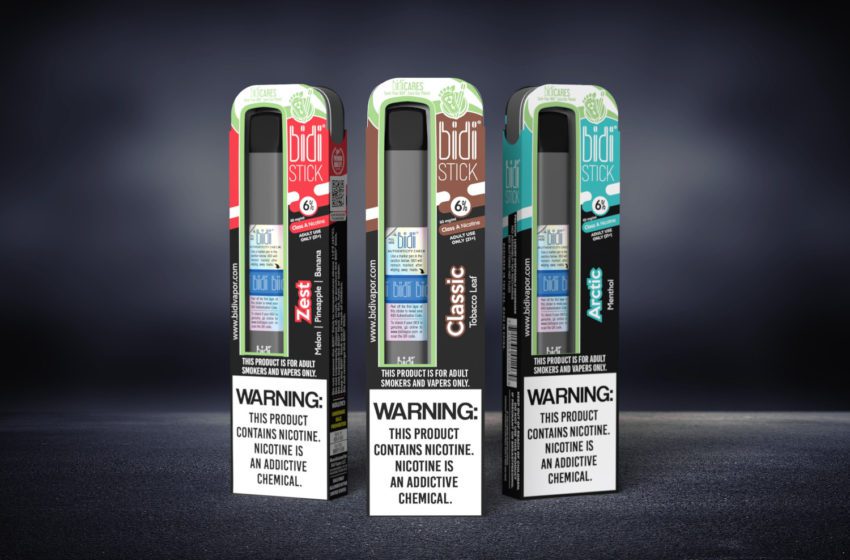
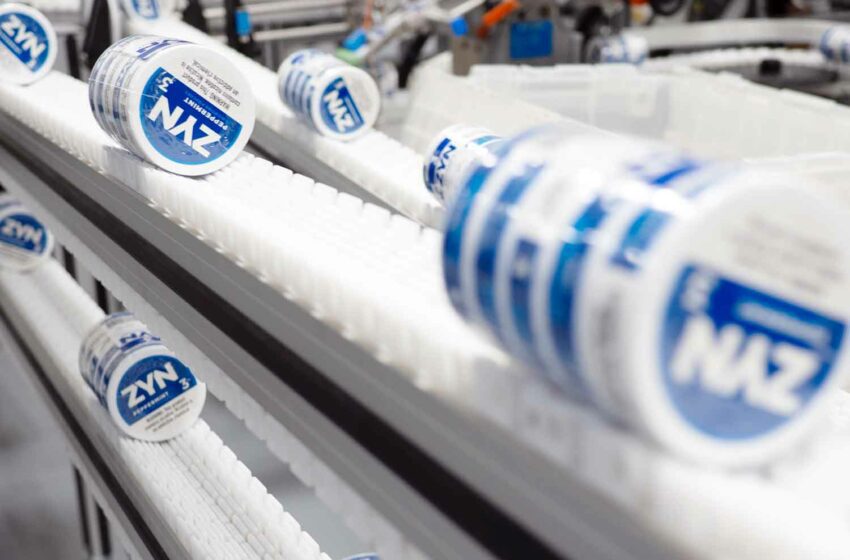





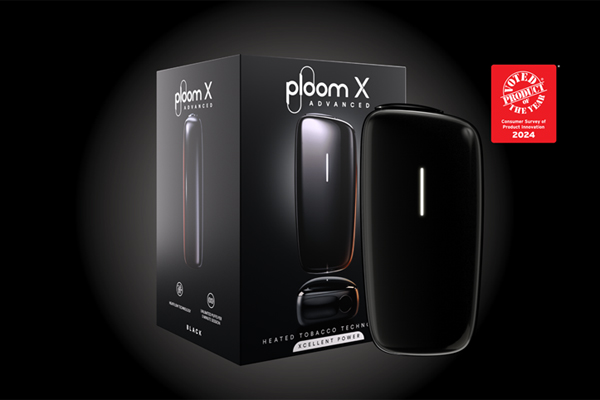
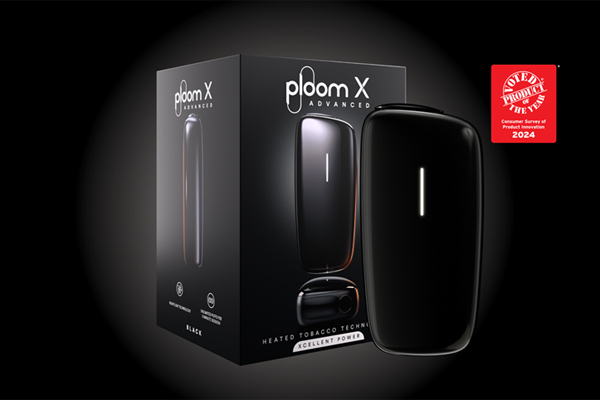
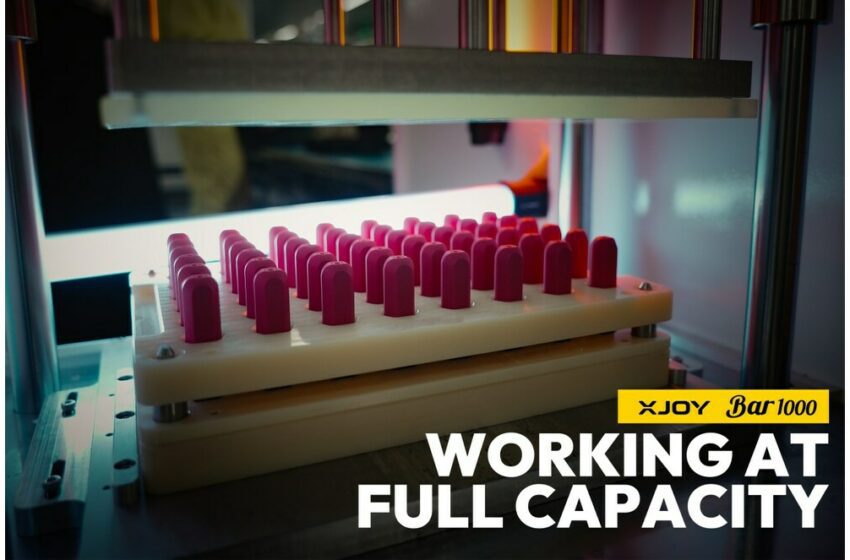
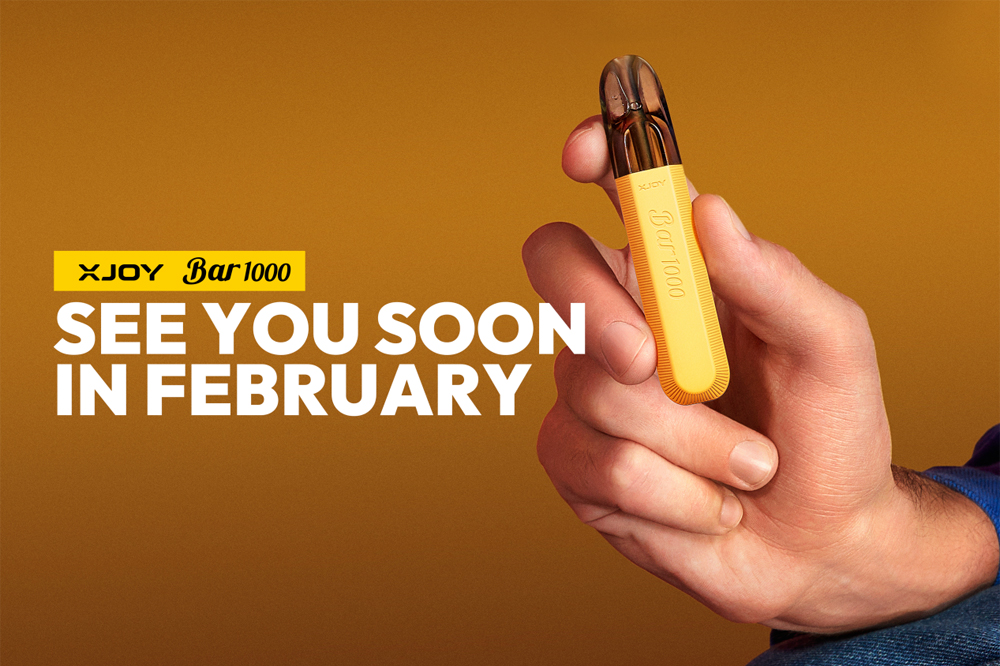



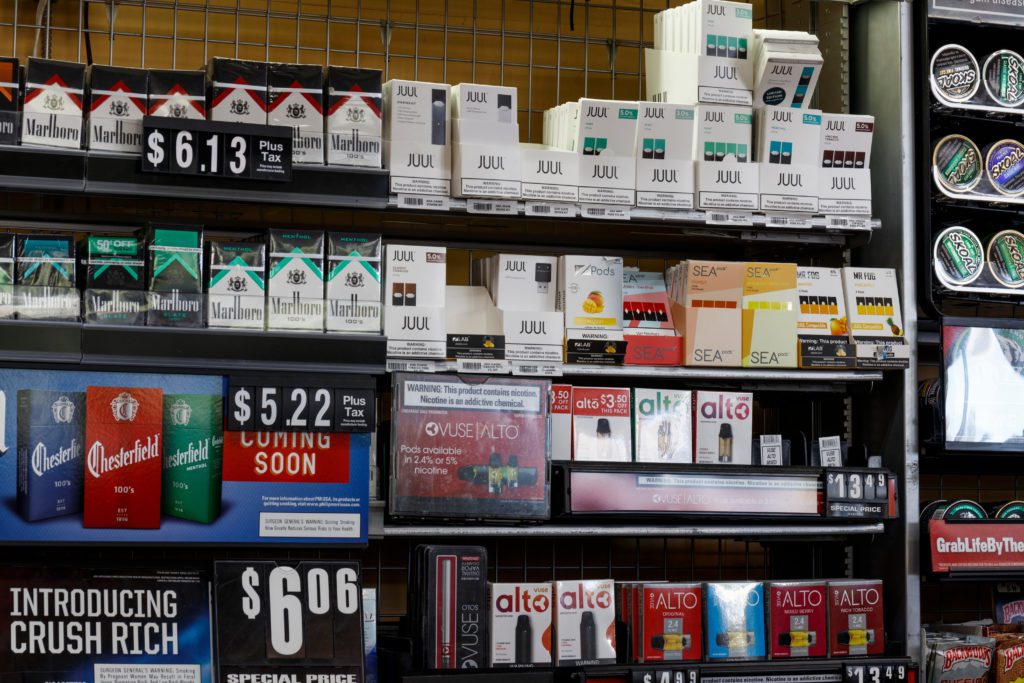


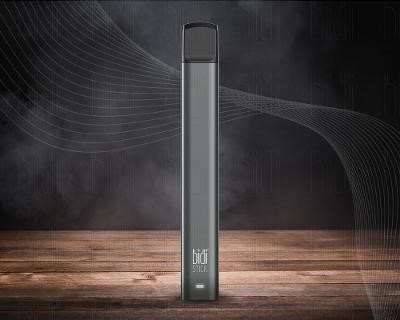
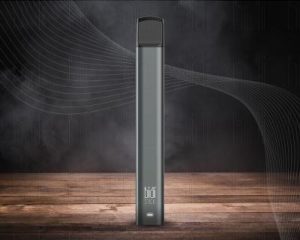 The U.S. Food and Drug Administration has issued a marketing denial order (MDO) to Bidi Vapor LLC for its Bidi Stick classic e-cigarette. The Bidi Stick is a closed-system, disposable, tobacco-flavored vaping device.
The U.S. Food and Drug Administration has issued a marketing denial order (MDO) to Bidi Vapor LLC for its Bidi Stick classic e-cigarette. The Bidi Stick is a closed-system, disposable, tobacco-flavored vaping device.